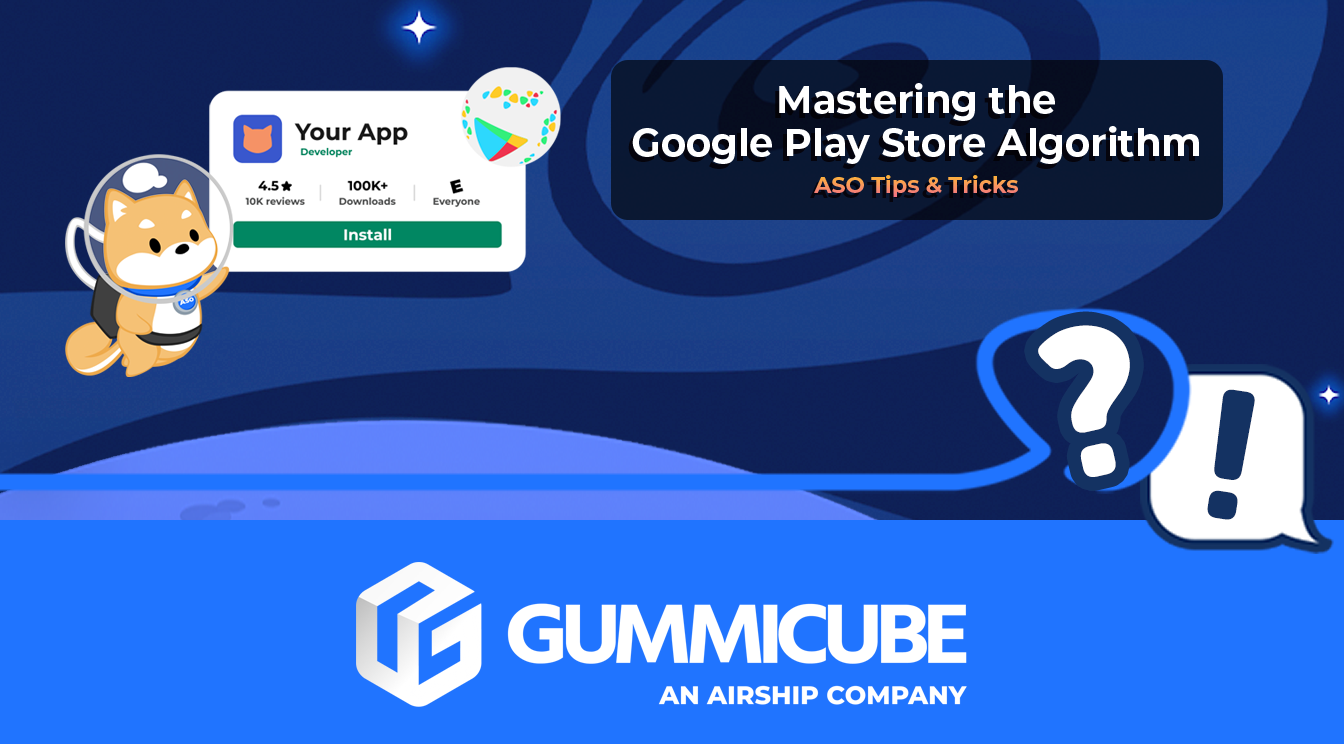
Mastering the Google Play Store Algorithm
Posted on April 16th, 2025
Learn how to work with the Google Play Store algorithm using high-level ASO strategies that improve visibility, performance, and long-term app success.
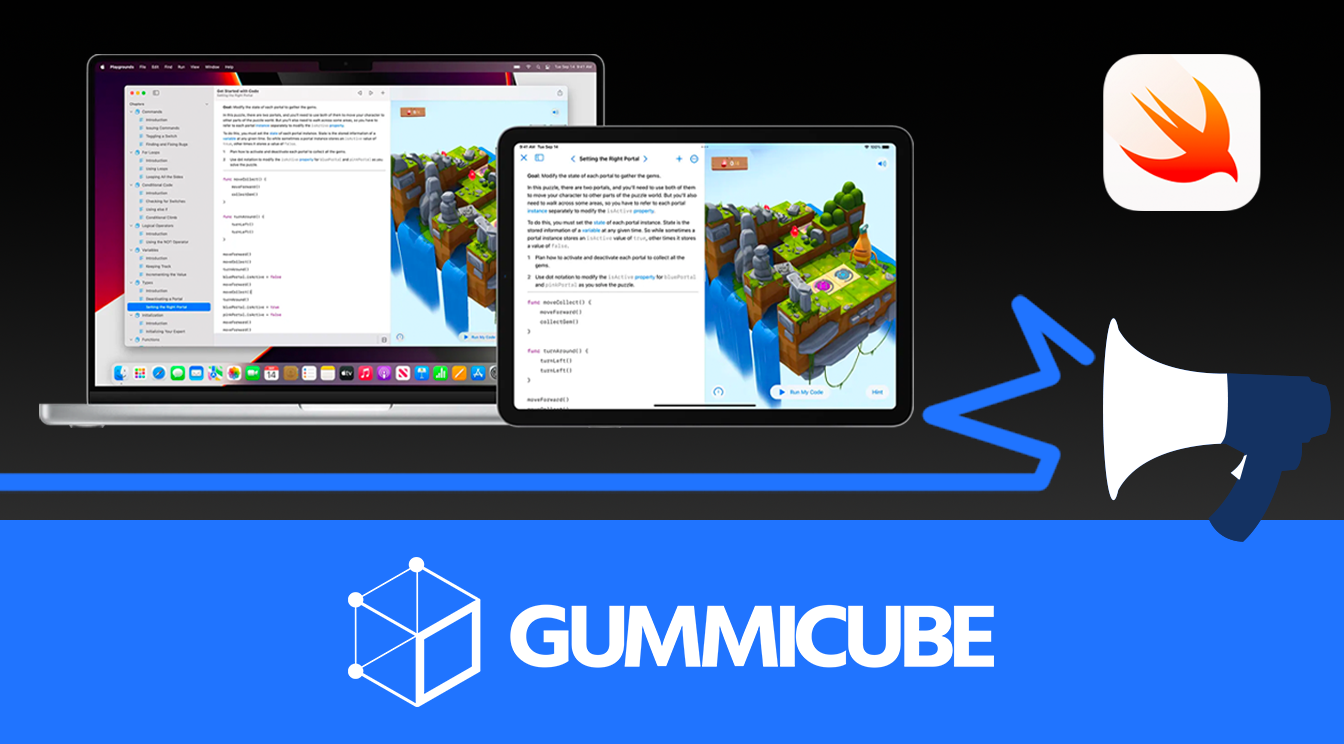
The mobile app market is a lucrative industry, with revenue anticipated to reach $133 billion USD for the year 2021. It is no secret that developing your own mobile app is a fantastic way to share your ideas with the world while earning a living. Apple’s Swift Playgrounds makes designing your own app easier than ever before.
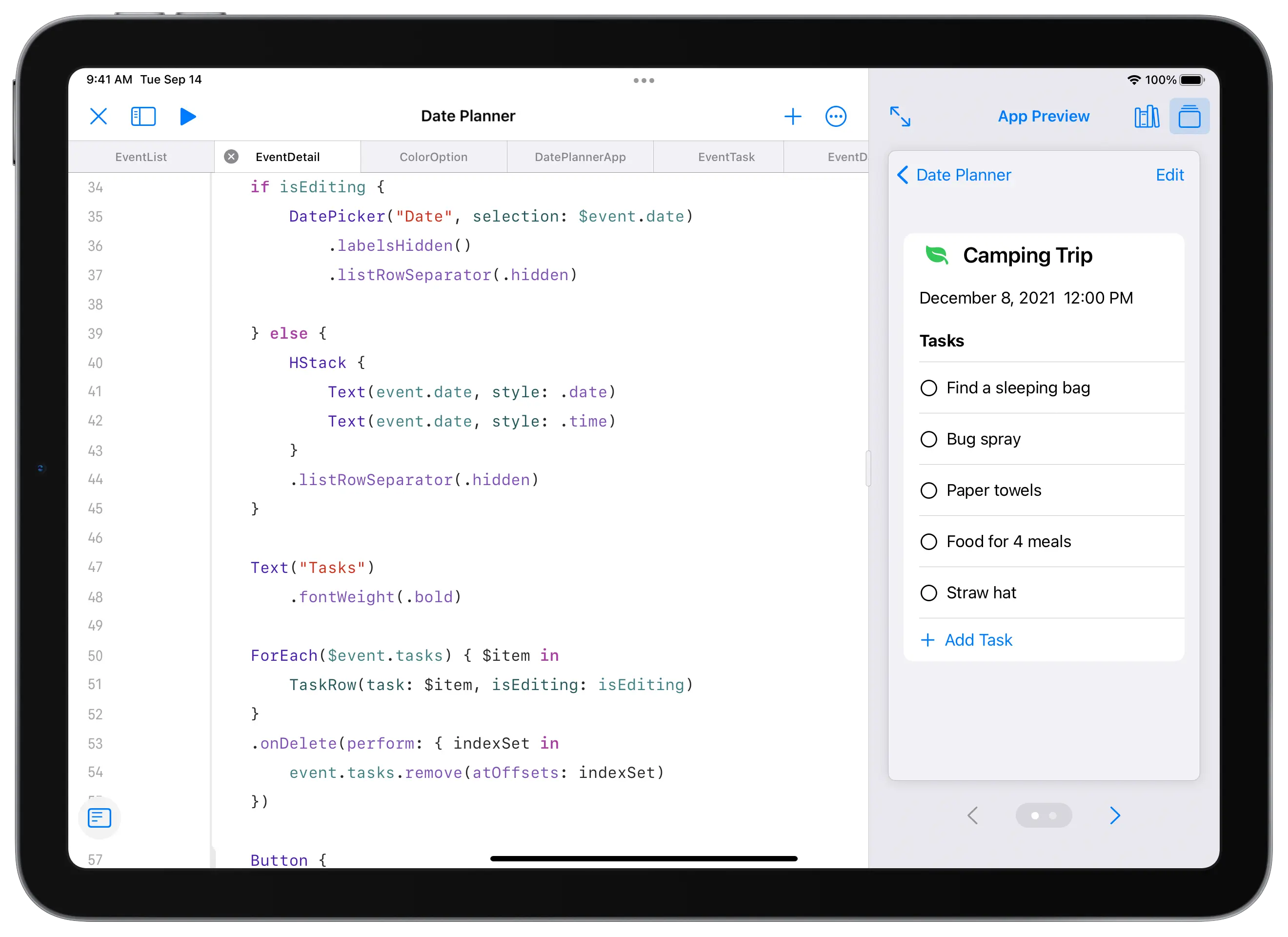
Creating an app involves coding as well as user interface design, and historically developers have needed to establish a foundational knowledge of programming in order to successfully code an app. Over the past few years, many companies have invented software, games, and even toys that teach users the fundamentals of computer programming. One such educational application is Apple's Swift Playgrounds, which has been available since September of 2016.
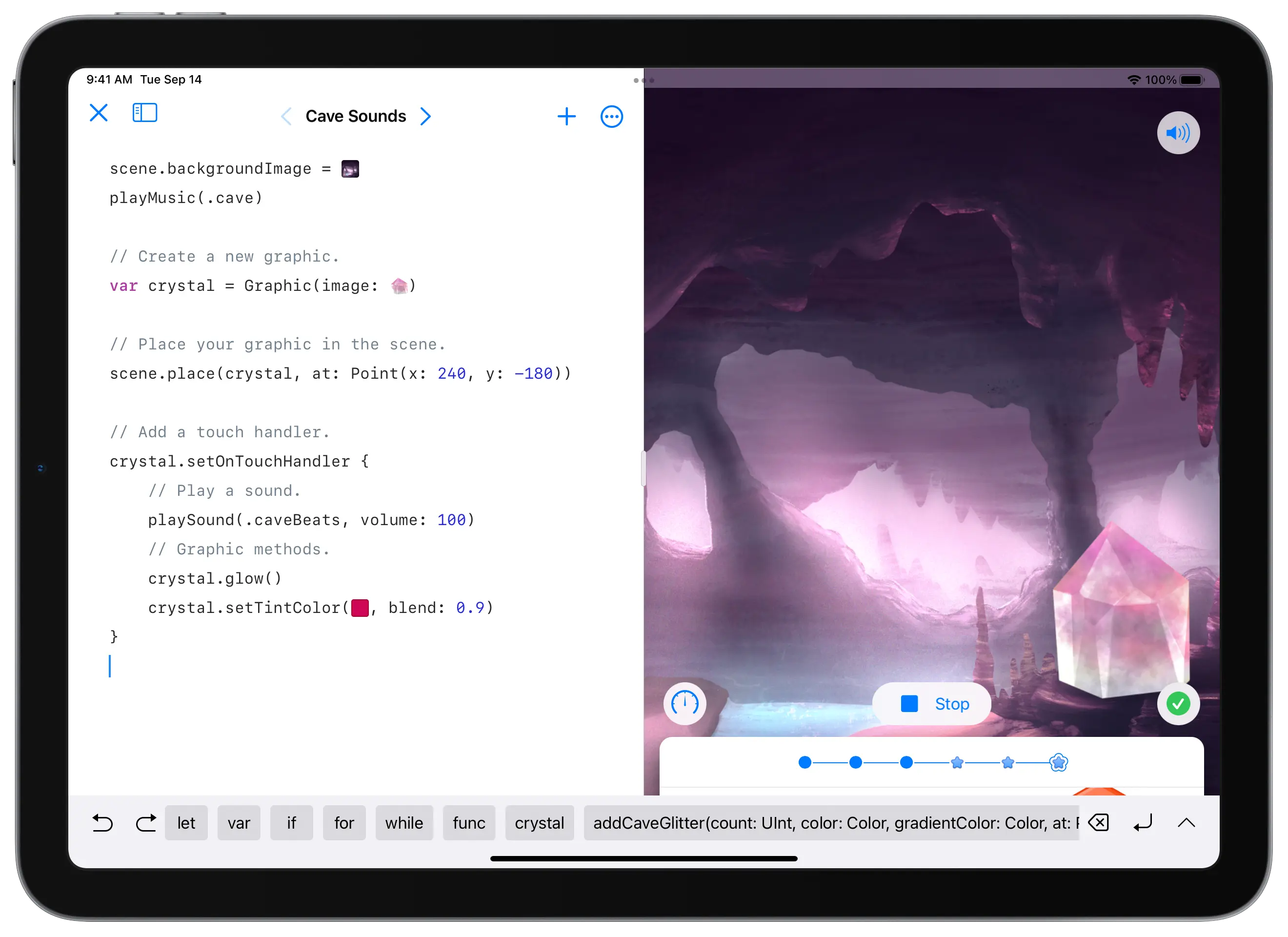
Earlier this year Apple announced plans to upgrade Swift Playgrounds to allow users even greater functionality when designing new apps. Swift Playgrounds was created as a friendly and interactive way for children to learn how to code mobile games. At WWDC 2021, Apple stated that they were working on a new update to Swift Playgrounds intended to expand the app's audience to users of all ages, and allow those users to publish the apps and games they've made directly to the iOS or iPadOS App Store.
Earlier in December, this new Swift Playgrounds update was made available to users on iPad. Anyone can download Swift Playgrounds for free and learn how to code in a fun and intuitive way, and now these creations can be shared with billions of users on the App Store.

Once your app or game is polished and ready for the world, it is crucial to be sure that you have thoroughly bug tested every feature and functionality. While Apple provides an avenue for Apple users to beta test apps and games through TestFlight, it can be helpful to start with friends and family first to reduce the chance of Apple rejecting your app based on performance and stability issues. However, once you have rigorously tested your game and assured that the gameplay experience is smooth and mechanics work as expected, you might be ready to publish your game to the App Store.
Prior to submitting, it would be wise to consider an ASO agency's services as a way to get your finished game in front of more potential players. This is because the mobile app market is not only lucrative, but also extremely competitive. Each day Apple releases over 1,000 apps to the iOS App Store and Google releases nearly 4,000 apps to the Google Play Store. It is safe to assume that at least some of these apps or games will be similar to that which you have created. Without a solid strategy for optimizing your app, it could get buried in search results under competitors who are applying the best practices of ASO.
Before publishing your app or game, you will need to be set up with the right assets to aid in discoverability and conversion. What might seem straightforward, such as the title, can often be and involved process requiring extensive research and testing. Apple's App Store algorithm uses keywords to index apps and deliver them to the right users in search, so keywords are the most crucial aspect of ASO.
Choosing the right keywords in your metadata determines how your app will rank in search results, and it is important to use not only popular search terms, but also those that are objectively relevant to your app or game. The App Store landscape is a shifting and dynamic environment where trends change in popularity, so keywords that were hot topics a year ago may have fallen out of favor today. That's why it's important to implement ASO tools and software into your workflow in order to ascertain which terms and phrases will get your app discovered.
Relevance is also extremely important and not as straightforward as it may seem. If, for example, you have created an educational game to help college students learn discrete mathematics, you might think that the keyword “educational game” would be relevant. This is not always true, however, as a quick search on the App Store shows that the query “educational game” returns results mainly geared towards kids games. Researching keyword opportunities yourself, or turning to ASO experts, allows you to discover the perfect keywords.
Once your metadata is locked-in and optimized, it is time to design creative assets proven to drive conversion. Creative trends can be especially volatile on the on the App Store, so this process does involve a great deal of market research and iterative testing to discover what works best for your audience. The good news is with native testing tools available on both the iOS App Store and the Google Play Store, you can continuously refine your creatives to determine the messaging and design practices that are most effective.
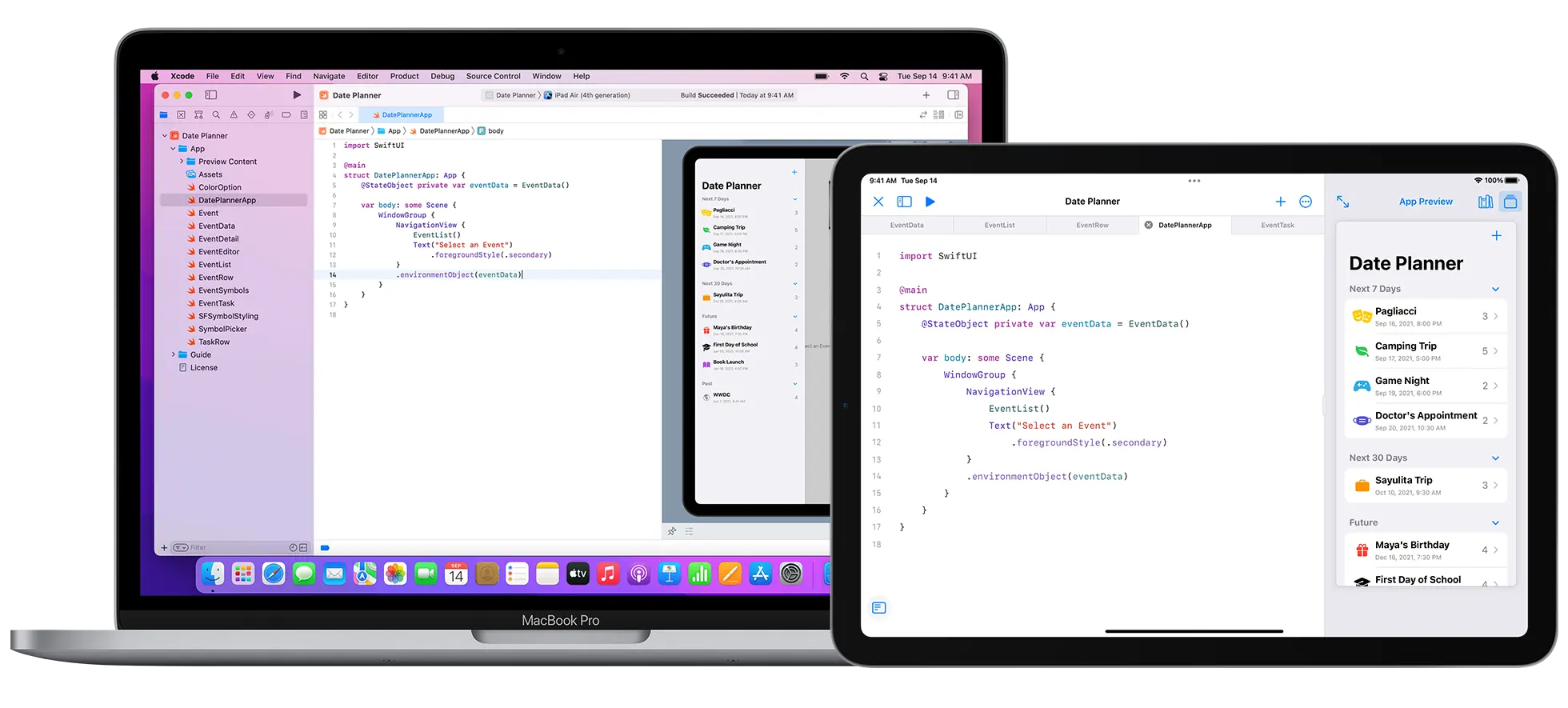
With the arrival of Apple’s update to Swift Playgrounds, anyone with an iPad can build an app and publish it to the App Store. Fun, colorful, and intuitive exercises teach you the fundamentals of coding, and seamless integration with Xcode allows savvy developers to further refine their creations. If you are interested in breaking in to the mobile app industry, this program can set you on the right path. Once you perfect your first app, don’t forget to explore App Store Optimization in order to get your app seen by millions of potential users.
Want to learn more about App Store Optimization? Contact Gummicube and we’ll help get your strategy started.

Learn how to work with the Google Play Store algorithm using high-level ASO strategies that improve visibility, performance, and long-term app success.

Boost app installs with smarter App Store marketing. Learn how ASO, creative assets, and paid strategies work together to drive growth and visibility.

Choosing the right app category is crucial for ASO success, impacting visibility, rankings, and user growth. Discover how the wrong choice can hold you back.